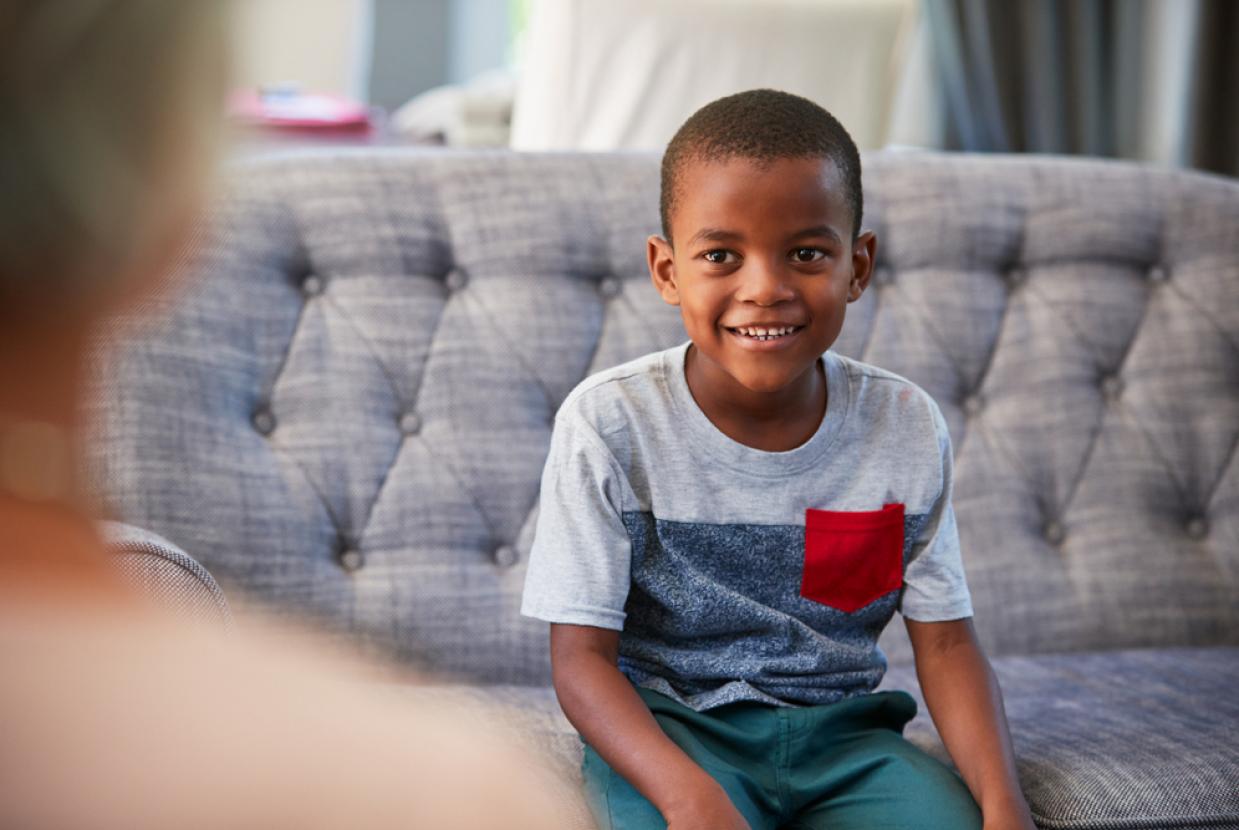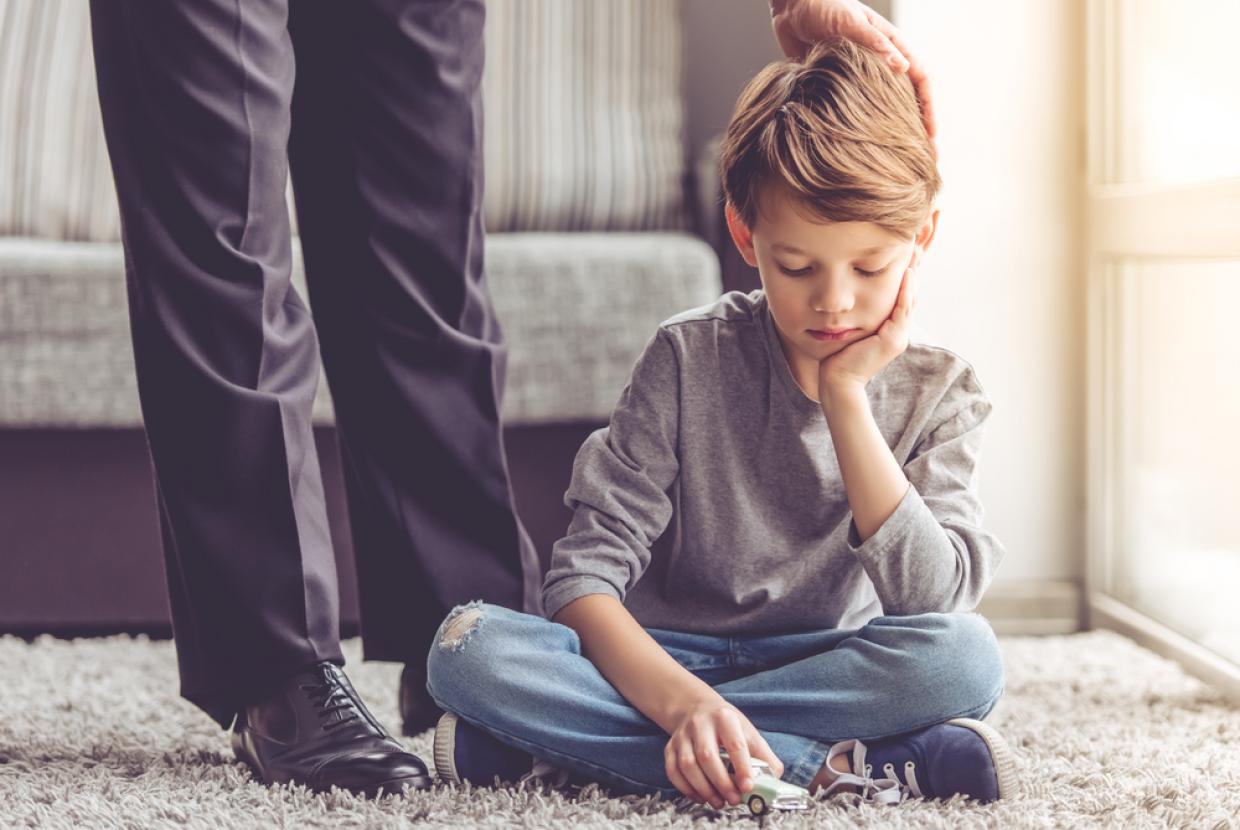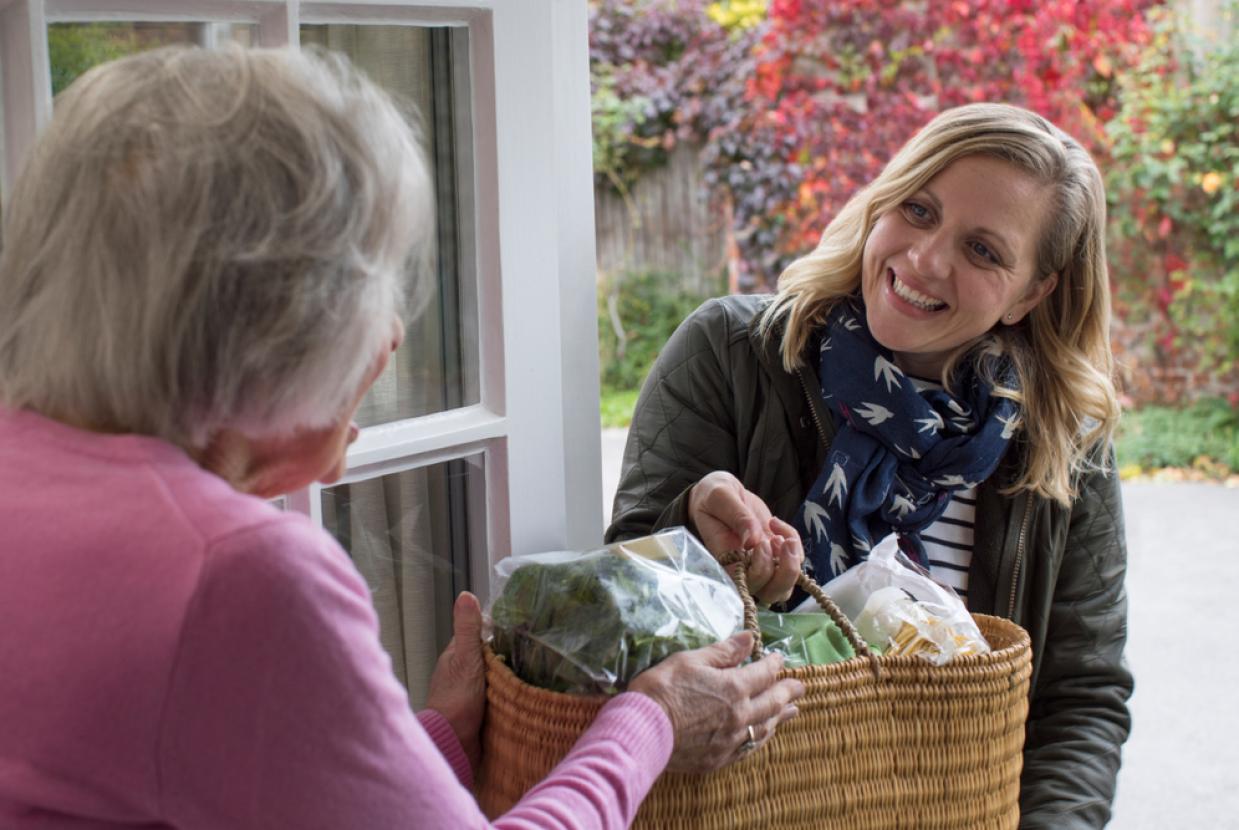Talking About Difficult Topics
We've all been on the receiving end of them and most of us have had to instigate them at some time. But that doesn't make it any easier when we realise that we are going to have to have a "difficult" conversation with our child.
It might be because we have to break some bad news or try to find out more about something that doesn't seem quite right with them at the time. It might just be the classic unease about how to talk to teenagers about sex or drugs.
Whatever the subject, and however old the child you're talking to, there are lots of ways to make it a bit less painful for you both and maybe even come away from the conversation knowing that you're even closer to your child than before.
How you start the conversation is going to depend on a lot of things, including how old and mature your child is and what you want to talk about. Ultimately, it's always going to be up to your judgement about the best way to tackle it but what you'll read here could give you a few pointers.
Why It's Good To Talk
Our children are precious to us. We all want them to grow up in a safe and loving environment and become happy, confident adults. To get there they need to be surrounded by positive influences, good advice and the knowledge that if they ever need help and support there will be someone to talk to.
As a parent, it's you who they'll look to for help. And, as they're your child, it's up to you to talk to them when you think they might need a nudge in the right direction or to share news or information that's going to affect their lives.
Creating The Right Situation
Whatever it is you want to discuss, it's important to think about where and how to talk so children will listen.
There's no telling how long the conversation is going to last, so the first thing to consider is where and when you're going to start it off. And it's probably not a great idea to have it in the evening when people are tired and might not be in the mood to concentrate.
Unless it's a chat you want to have with more than one child, it's also sensible to have it at a time when brothers and sisters aren't around to interrupt.
It could be good to have it in a relaxed and neutral place like on a walk or a bike ride or even when you're in the car. You could also ask other parents you know how they've created the right situation to talk about difficult topics in the past and see if it would work for you too.
Starting The Conversation
It's never easy to start a serious conversation with a child. Do it too forcefully and they may well clam up straight away. But if you take a more subtle approach you can find the chat gets derailed and you're soon talking about something entirely different.
So it can be a good idea to try to make the conversation relevant in some way. For example, if you're watching TV together and the on-screen action has something to do with the subject you want to talk about – say a character is being bullied – you could kick things off by asking your child what they'd do in the same situation.
Listening Is Important Too
When you want to have a serious conversation with a child it can be easy to forget that it should be a two-way thing. For them to feel truly involved it's very important to show that you are listening to them and really value what they're telling you.
Start by asking questions that don't just have "yes" and "no" answers. This is going to give your child the chance to tell you what they really think. Then give them as long as they need to answer without interrupting. They may be nervous or still working out what they really think and that could take a little time.
For more pointers on how to talk about those difficult topics - click here.








































































